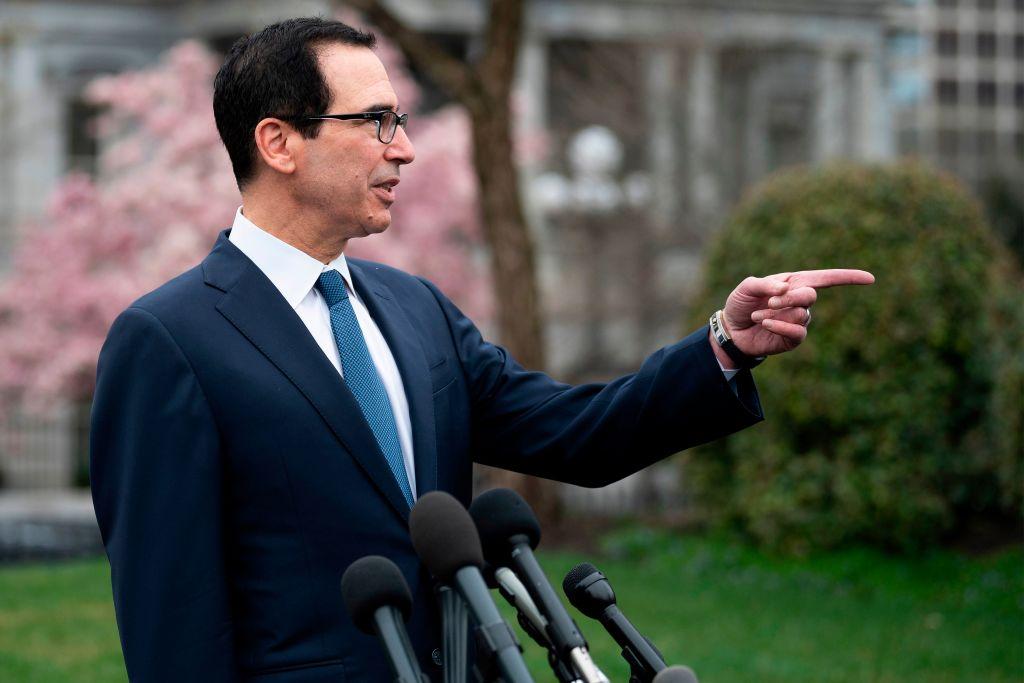The U.S. Treasury announced that Social Security recipients won’t have to file a tax return to receive a federal government payment to help offset the economic effects of the CCP virus outbreak.
“Social Security recipients who are not typically required to file a tax return need to take no action, and will receive their payment directly to their bank account,” Treasury Secretary Steven Mnuchin said in an April 1 statement.





